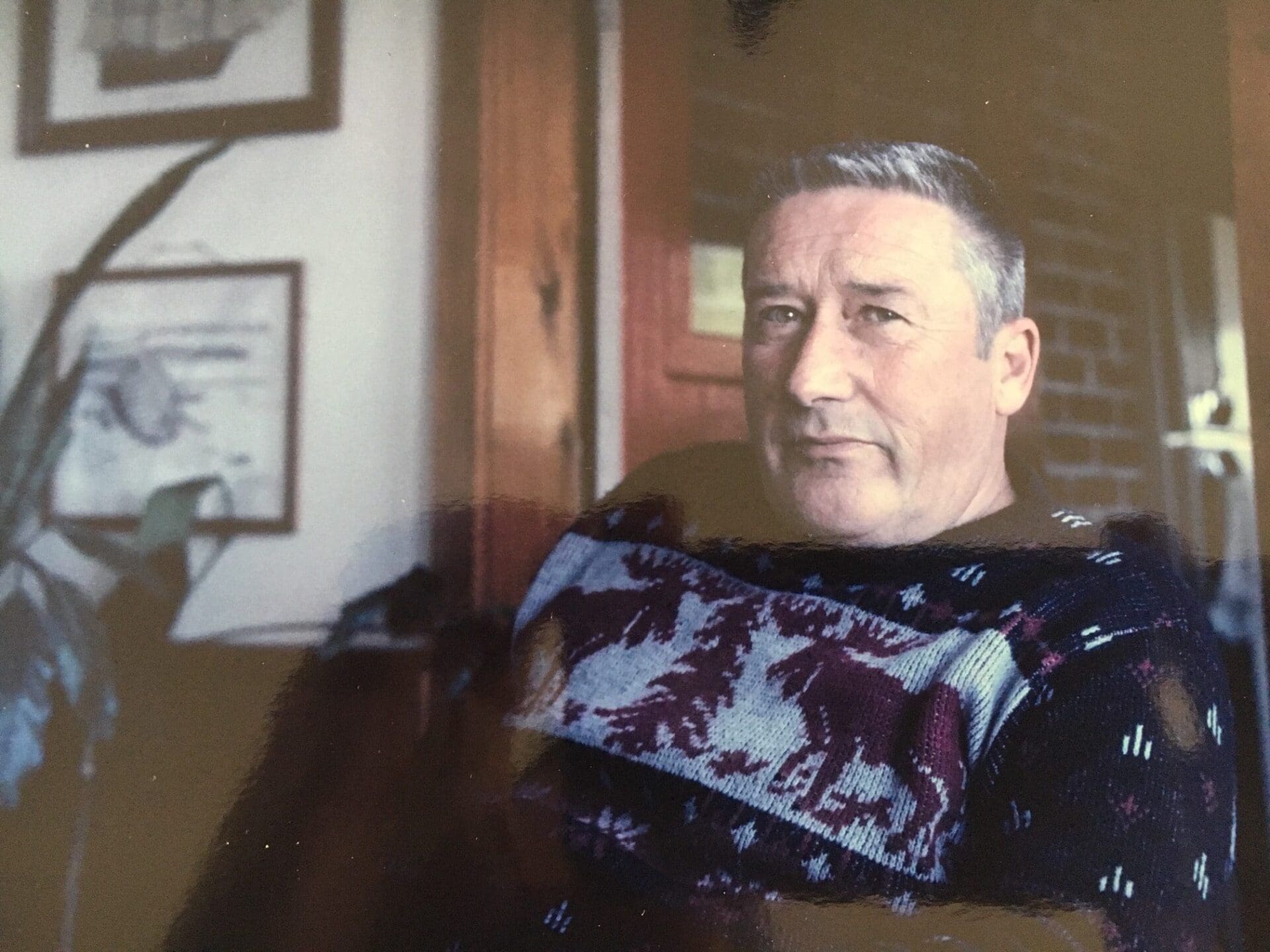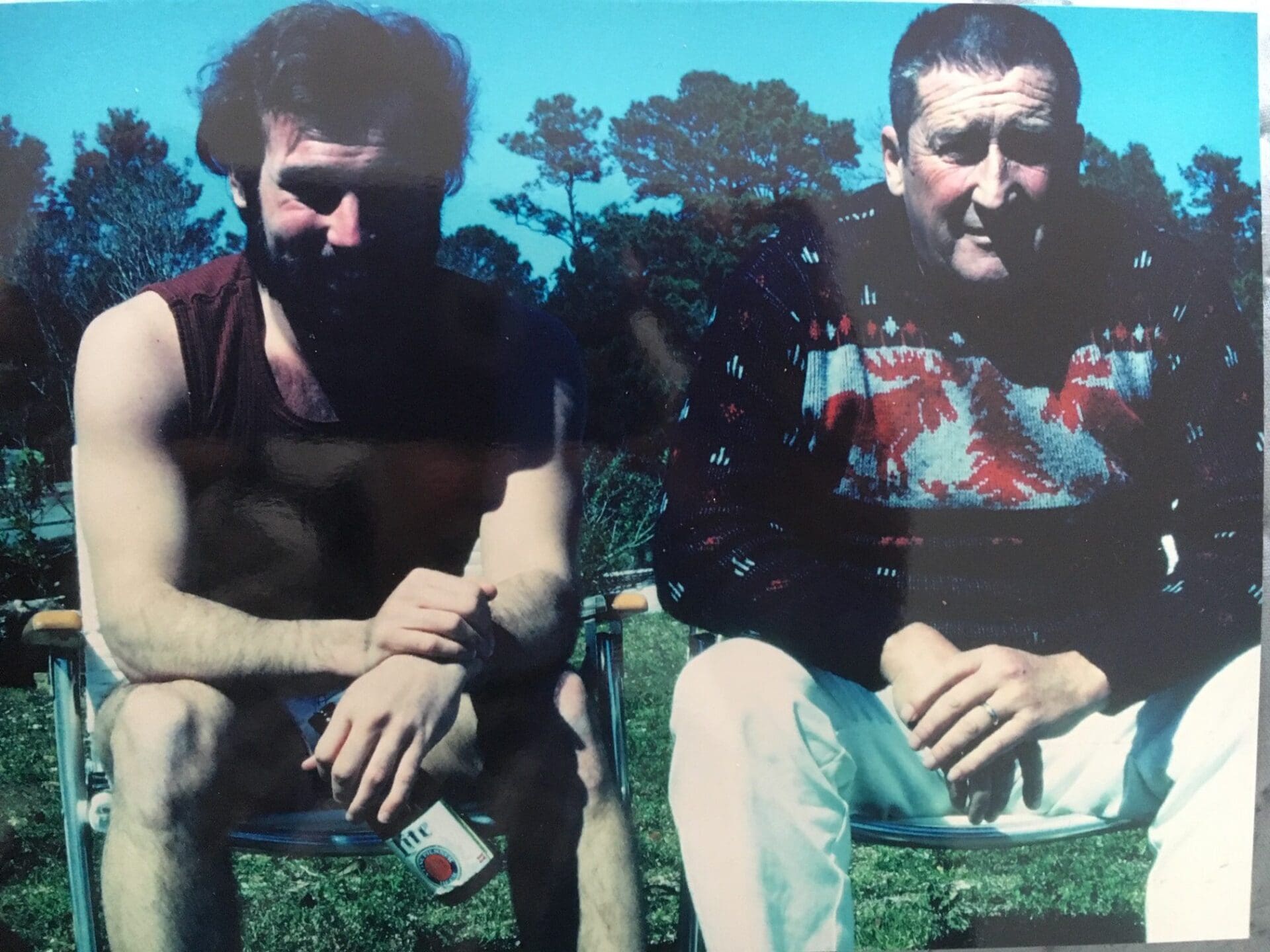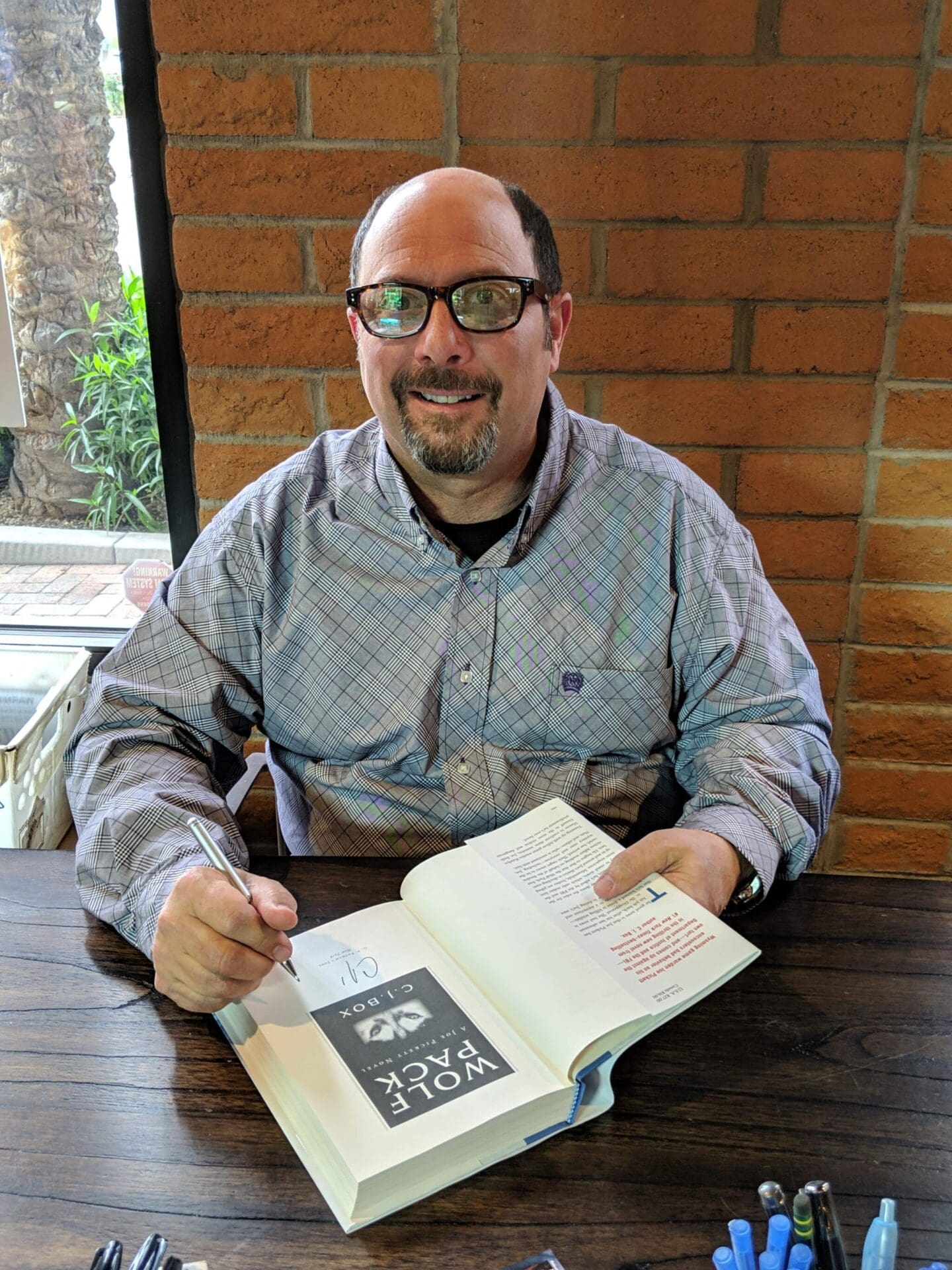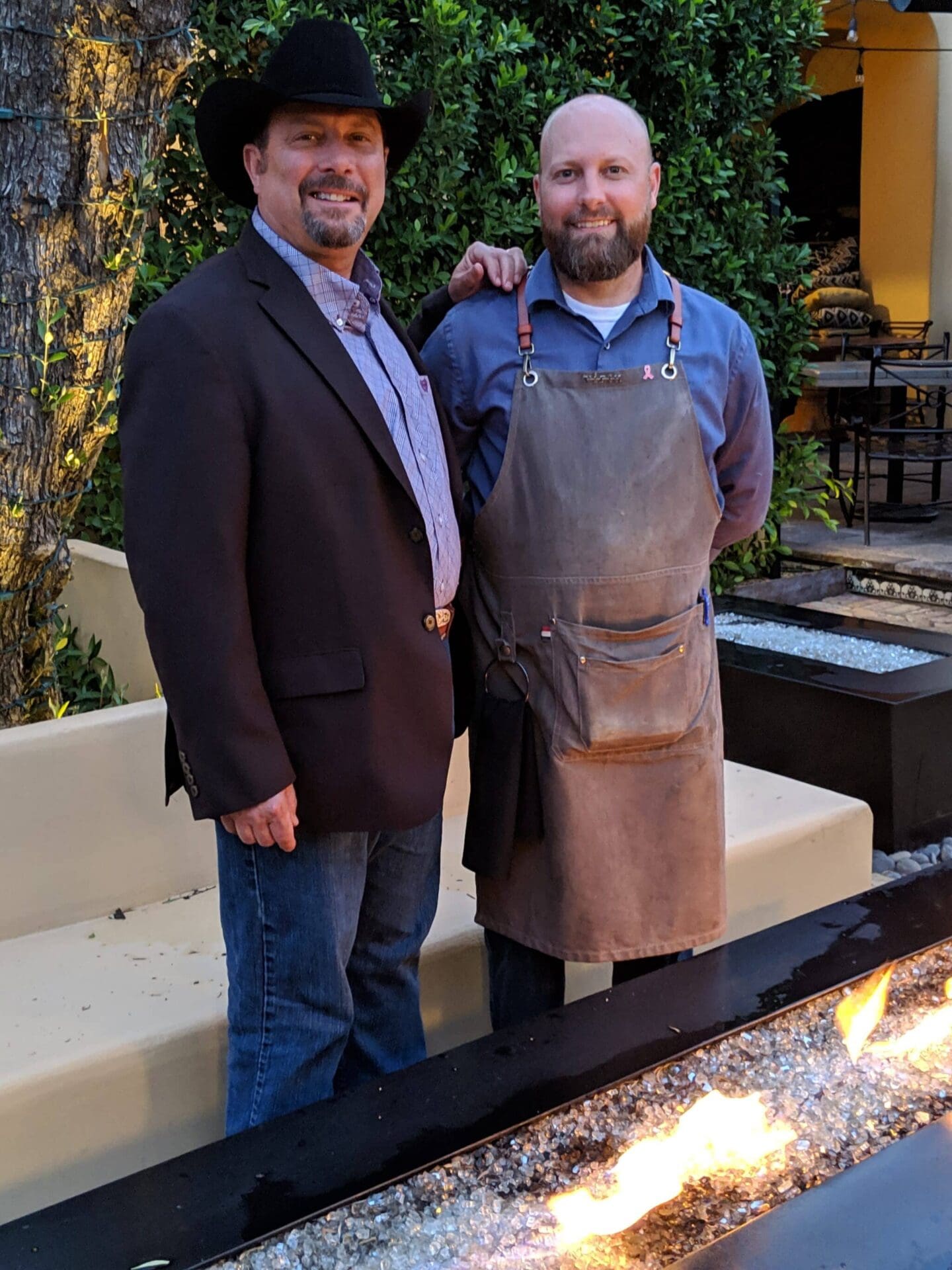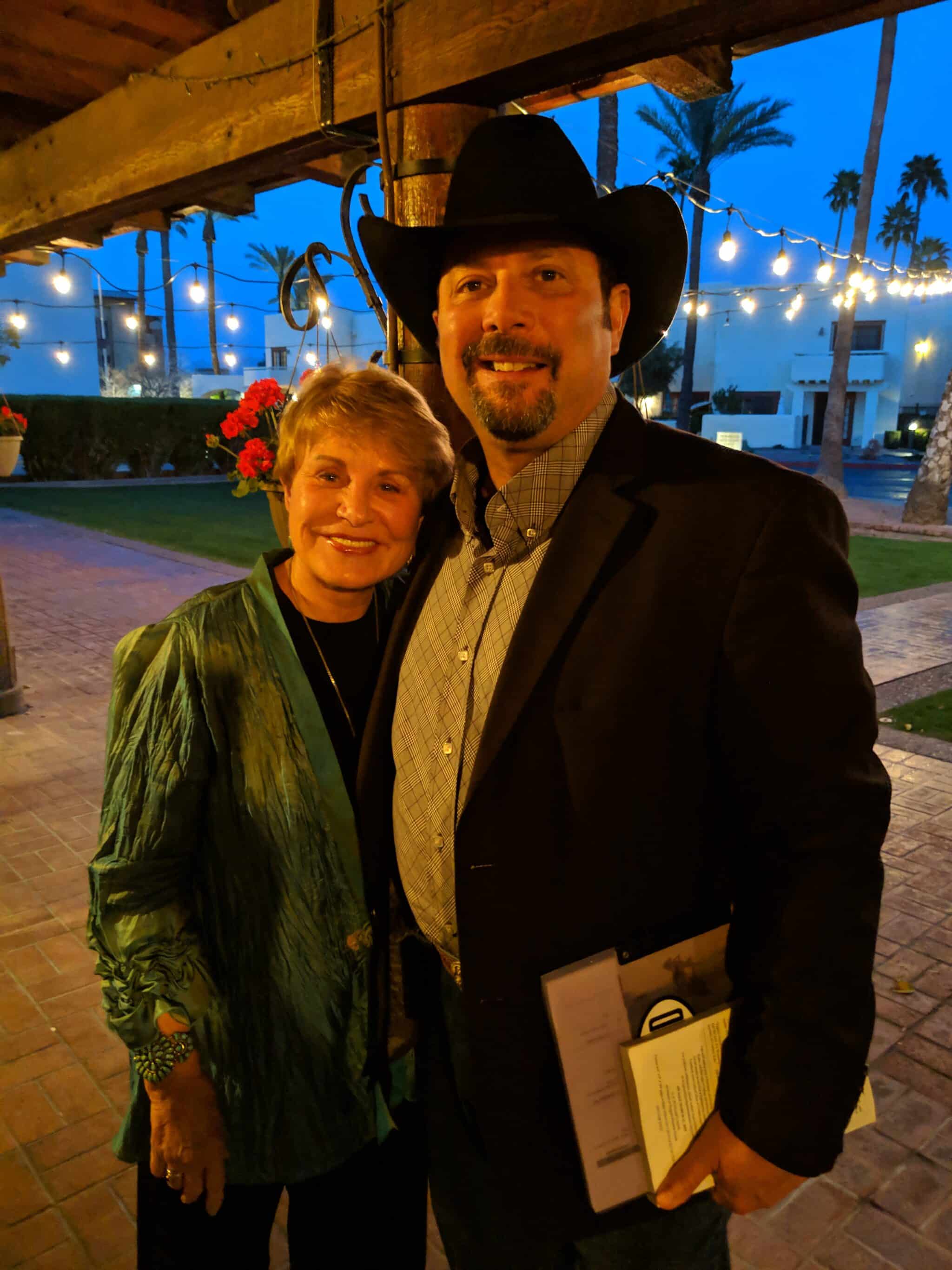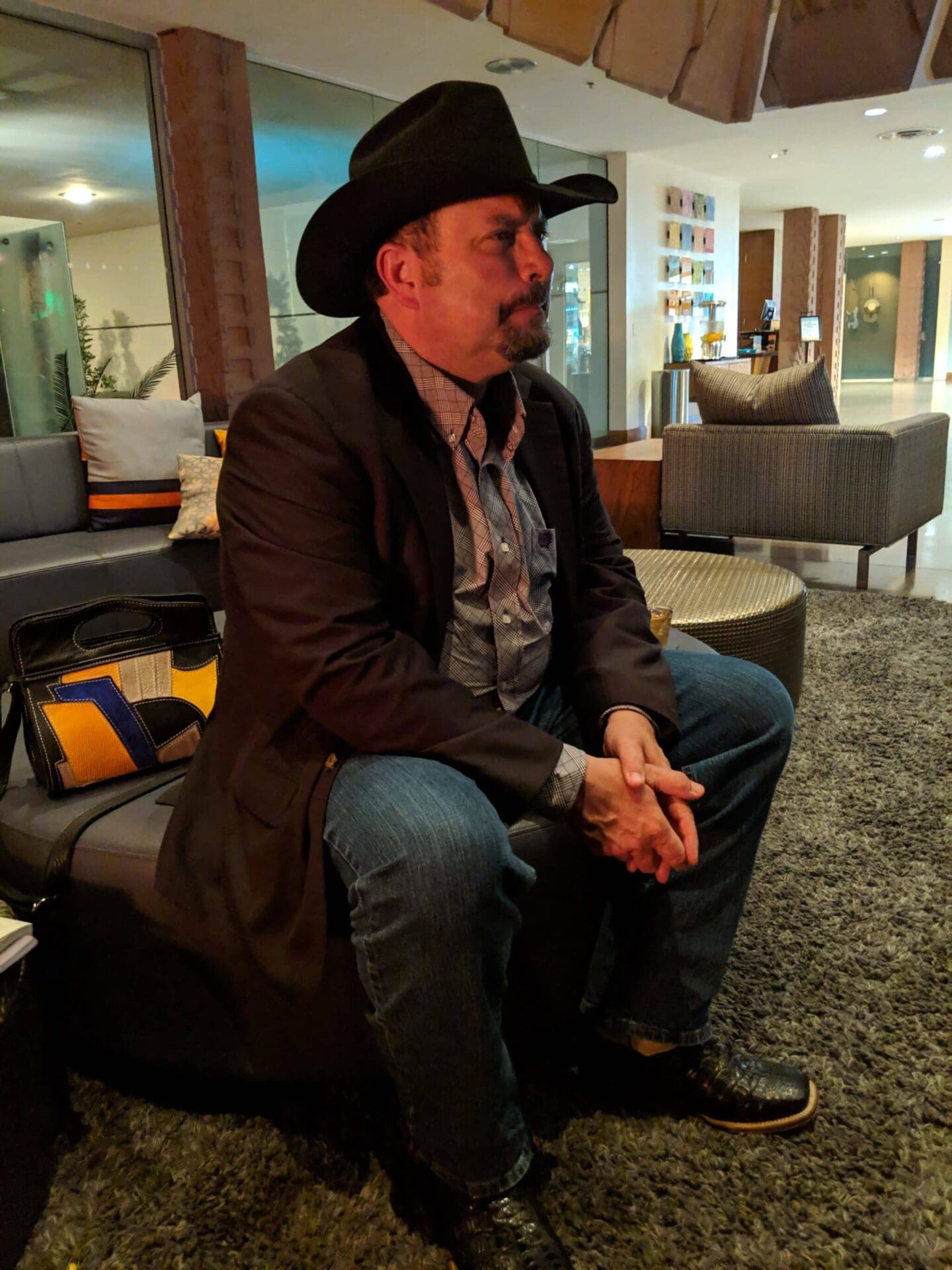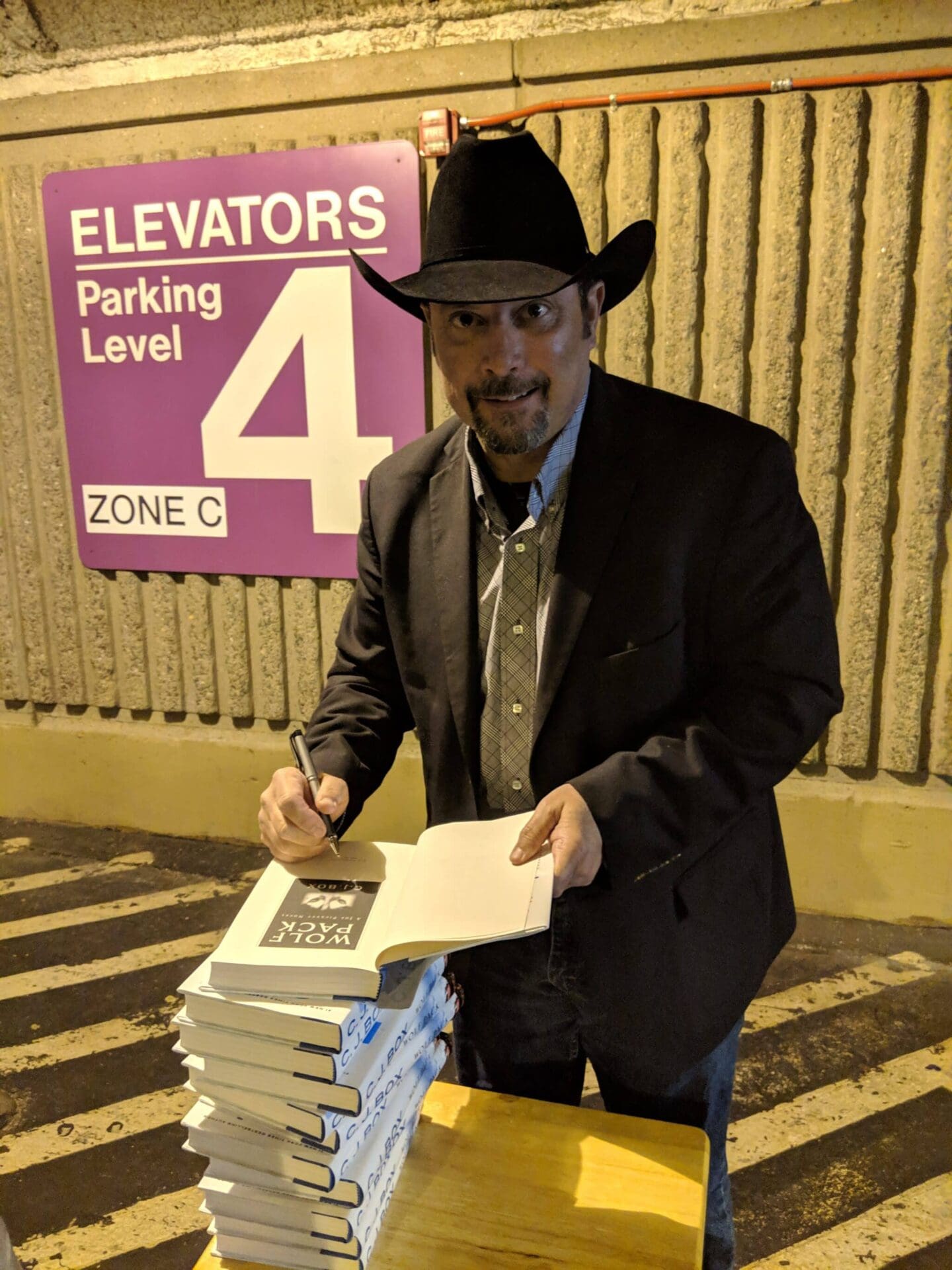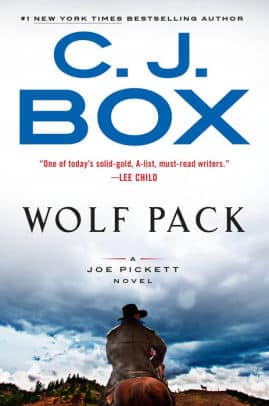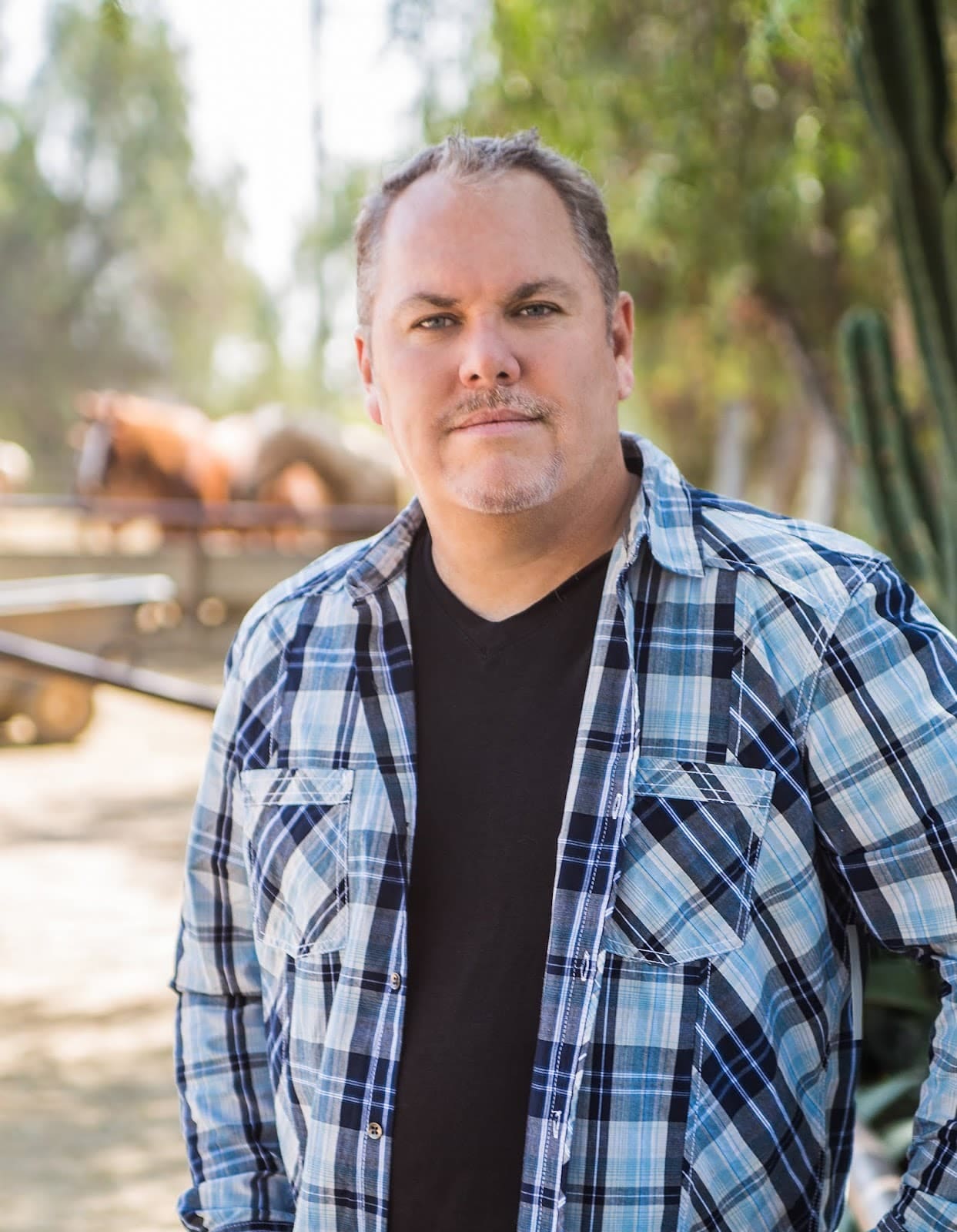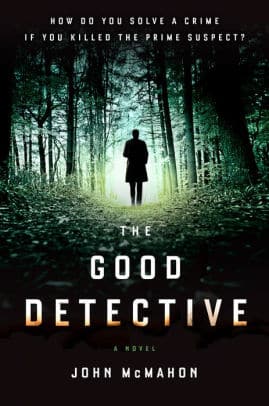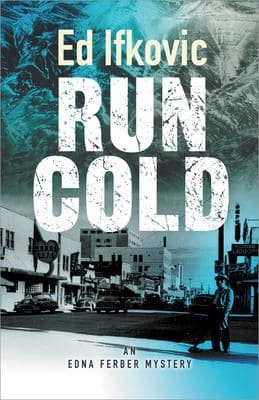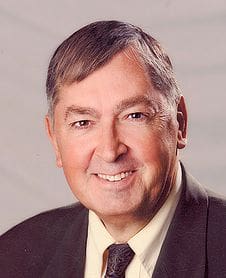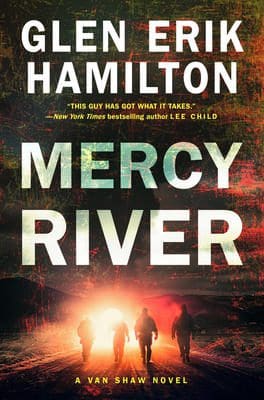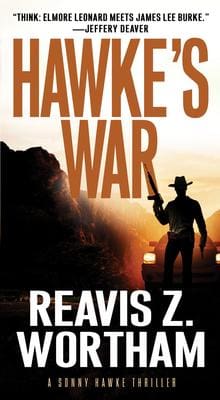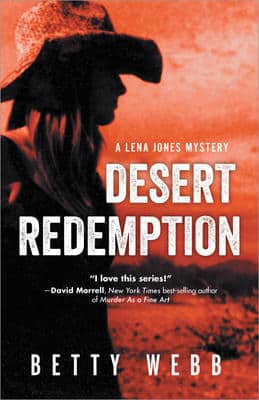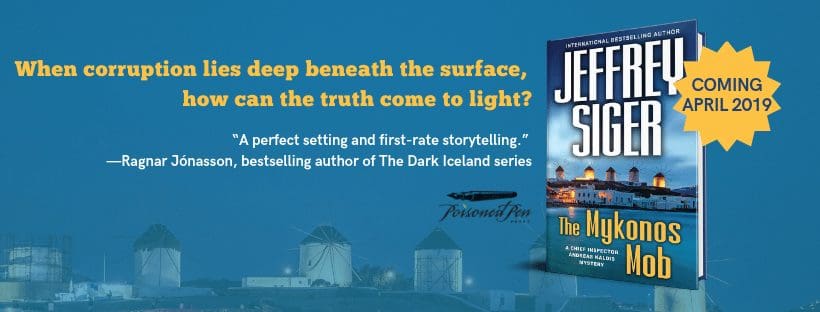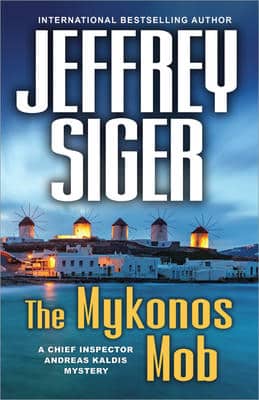Author Mickey Spillane would have turned 101 on March 9. To mark that occasion, Michael Barson offered to share an interview he did a year ago for Crimespree Magazine. Max Allan Collins not only collaborated with Mickey Spillane, he’s the literary executor for Spillane’s estate. Unless you read the article a year ago, some of this may be new to you.
INTERVIEW WITH MAX ALLAN COLLINS BY MICHAEL BARSON
Michel Barson: When did you first begin reading Mickey Spillane’s novels?
Max Allan Collins: During the late ’50s/early ’60s craze of TV private eyes, I began looking at the novels that had served as inspiration or even direct adaptations — a lot of that craze had literary roots: The Thin Man, Phillip Marlowe, Perry Mason, Mike Hammer, 77 Sunset Strip, Honey West. I read Hammettt, Chandler and Spillane in that order, starting at around 12. I would be enticed by the covers of the Spillane paperbacks on the spinner racks at Cohn’s Newsland — I mistook the photos of Mickey, wielding guns and looking tough in a fedora, for Darren McGavin on the MIKE HAMMER TV show.
I would go to the library, using the periodical guide to find reviews and articles about those authors. I found that Hammett and Chandler, almost from the star, were revered, and was astonished — and dismayed — to find Spillane attacked by both reviewers and social commentators. I was equally a fan of all of the Big Three private eye writers — Hammett, Chandler, Spillane — and I think to this day, you can see those influences in my work, along with a helping of Donald E. Westlake in his Richard Stark persona. But the attacks on Mickey made a defender out of me. I was nearly in several fists fights in the early days of Bouchercon over my pro-Spillane stance. By the way, that wasn’t because I was drunk, because I’m not really a drinker — my inebriation was strictly from reading Spillane.
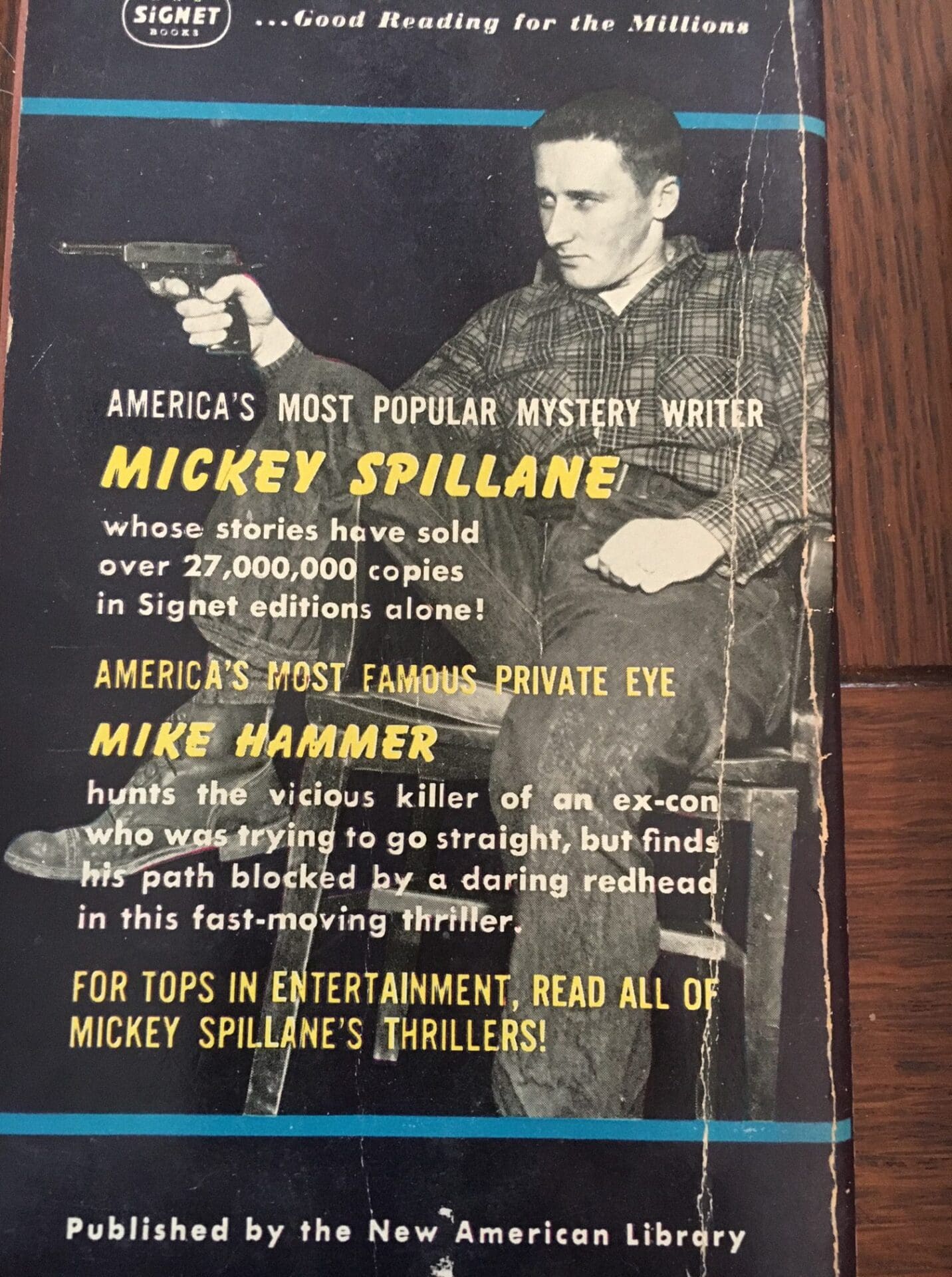
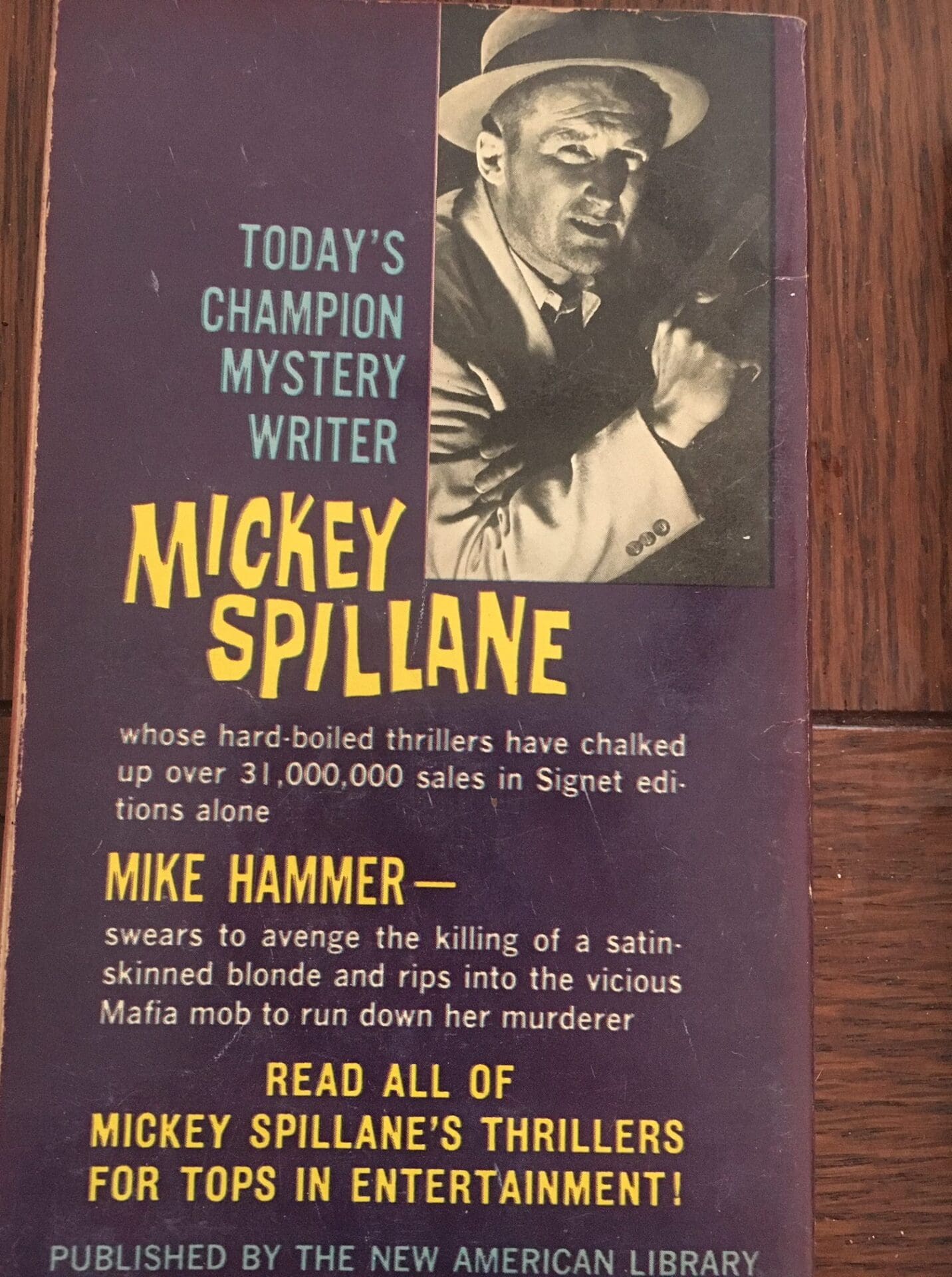
MB: Did you seize on one of his mysteries as your favorite above all others? Why so?
MAC: The first Spillane novel I read was One Lonely Night, and frankly I have never been right in the head since. I was 13.
Mike Hammer is essentially having a nervous breakdown in that book, contemplating suicide when it begins, inadvertently causing the suicide of a young woman who mistakes him for a thug. He maintains an interior monologue with a judge who’s dressed him down, then journeys toward accepting that’s he’s been put on earth by God to smite the bad guys. Hammer was a brutal, randy figure with little in common with Sam Spade and Phillip Marlowe, and Spillane’s fever-dream prose was not Hammett’s spare style or Chandler’s poetic melodrama, either…though, really, he’s more overtly poetic than Chandler. You know who agreed with me? Ross Macdonald.
As an adult, I now know — and this is a spoiler alert for anyone who hasn’t read One Lonely Night — that in a novel that would appear to admire Joe McCarthy, Joe McCarthy turns out to be not only the killer but a Russian mole. How could anyone not love this book?
MB: How long was the period between your first meeting with Mickey and his asking you to collaborate with him on his new and unpublished work?
MAC: The friendship lasted from 1981 till his death in 2006. Starting in the ’80s we did projects together, initially anthologies of uncollected novellas and stories of his, then later more general anthologies that we both picked contributors and stories for. We also collaborated on the MIKE DANGER s-f comic book , which lasted a couple of years and generated a Miramax movie sale, although it wasn’t made. I did the writing of the comic, but Mickey and I developed the property and he kept an eye on things. And he cooperated fully with my 1999 feature-length documentary, Mike Hammer’s Mickey Spillane, a condensed version of which is on the Criteron DVD/Blu-ray release. The real collaboration began when, a week or two before his death, he called and asked if I’d complete his last Mike Hammer novel, The Goliath Bone, for him, should that be necessary. A few days before his death, he told his wife Jane to gather all the unpublished material from his three home offices and give it to me — that I would know what to do. That was a bigger honor than receiving the MWA Grand Master.
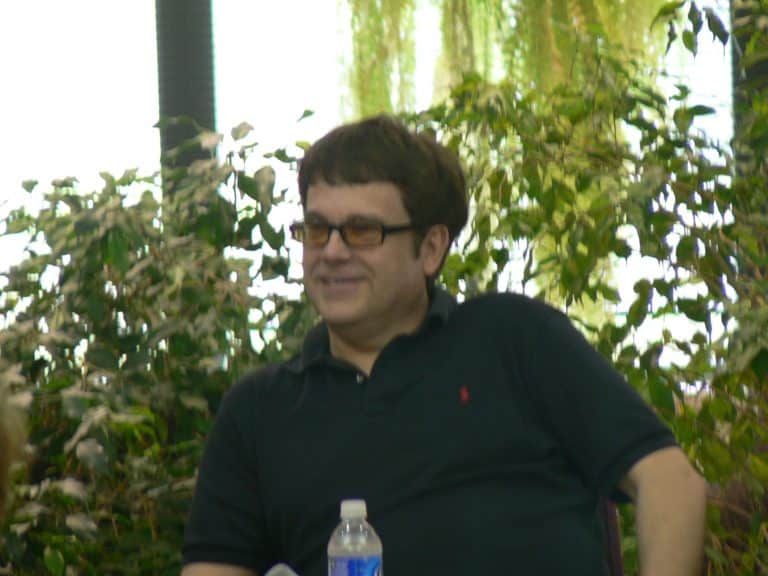
MB: In the course of your conversations with him, did Mickey ever reveal to you what inspired him to return to writing crime novels in 1961 after his semi-retirement after becoming a Jehovah’s Witness in 1952?
MAC: He claimed his absence from novel writing had more to do with an ongoing dispute with his publisher about his advances and royalties. At the same time, he wasn’t in need of funds, not with movie and TV money rolling in. And the notion that he stopped writing his tough, sexy fiction during that almost ten year period, because of his church, isn’t wholly credible, since he was doing one or two novellas a year for various men’s adventure magazines as well as Manhunt, the pulp successor to Black Mask.
MB: What was the process the two of you employed to collaborate while living halfway across the Country from each other? And how often would you actually see Mickey in the course of a year?
MAC: We got together several times a year, usually at his place — he and Jane came to Muscatine, once, when we showed the documentary at the University of Iowa in Iowa City. A lot of it was over the phone, but the actual collaboration on novels didn’t begin till Mickey had passed. I did two short stories with him during his lifetime — one, “The Night I Died,” was me turning an unproduced Hammer radio script into a story. That was mostly Mickey, because the story had plenty of his trademark first-person narration. The other was a Mike Danger story that I wrote and he gave me notes on. I took no byline on the first of the two stories, but we shared it on the second.
MB: Was there one book that proved to be particularly difficult to work on together? If so, for what reason?
MAC: We never did a book together, other than the anthologies. That was always smooth.
For me, the most difficult book was King of the Weeds, though I also feel it was the most rewarding. Mickey had done several versions of various chapters, and had reordered them at one point. The novel had two plots — a serial killer was targeting cops, and the mob and feds were both looking for a billion dollars in cash stashed away in the previous novel, Black Alley. I was faced with a big problem — Black Alley hadn’t been in print for years, so doing a sequel seemed ill-advised. I almost cut that aspect out, but I never could bring myself to do it, because I knew how much Mickey relished the idea of billions in cash being squirreled away. So it took a lot work, figuring out what order to present certain chapters in, and making the missing billions plotline work for readers who either hadn’t read Black Alley or had read it so long ago, didn’t remember it well.
But I kept faith with Mickey and I think very possibly King of the Weeds is the best of the collaborative works. Most sequels aren’t as good as the original — in this case, Black Alley itself improves, because loose ends and thematic aspects of that novel are dealt with satisfyingly in the follow-up.
MB: Although he was a celebrity for nearly sixty years, do you feel it ever bothered Mickey that his early burst of superstardom in the world of books was never fully recaptured over the later decades of his writing career?
MAC: No. He sold very well all through the 1990s, when he was arguably at his celebrity peak doing the spoofy Miller Lite commercials. All of his books were back in print with covers that sometime showed him in shots from one of the commercials. For along time, each generation discovered Spillane all over again and made him there. I am a second generation fan, after all, born a year after I, The Jury came out. I was with him a lot in the ’90s and witnessed how people both remembered him and flocked to him.
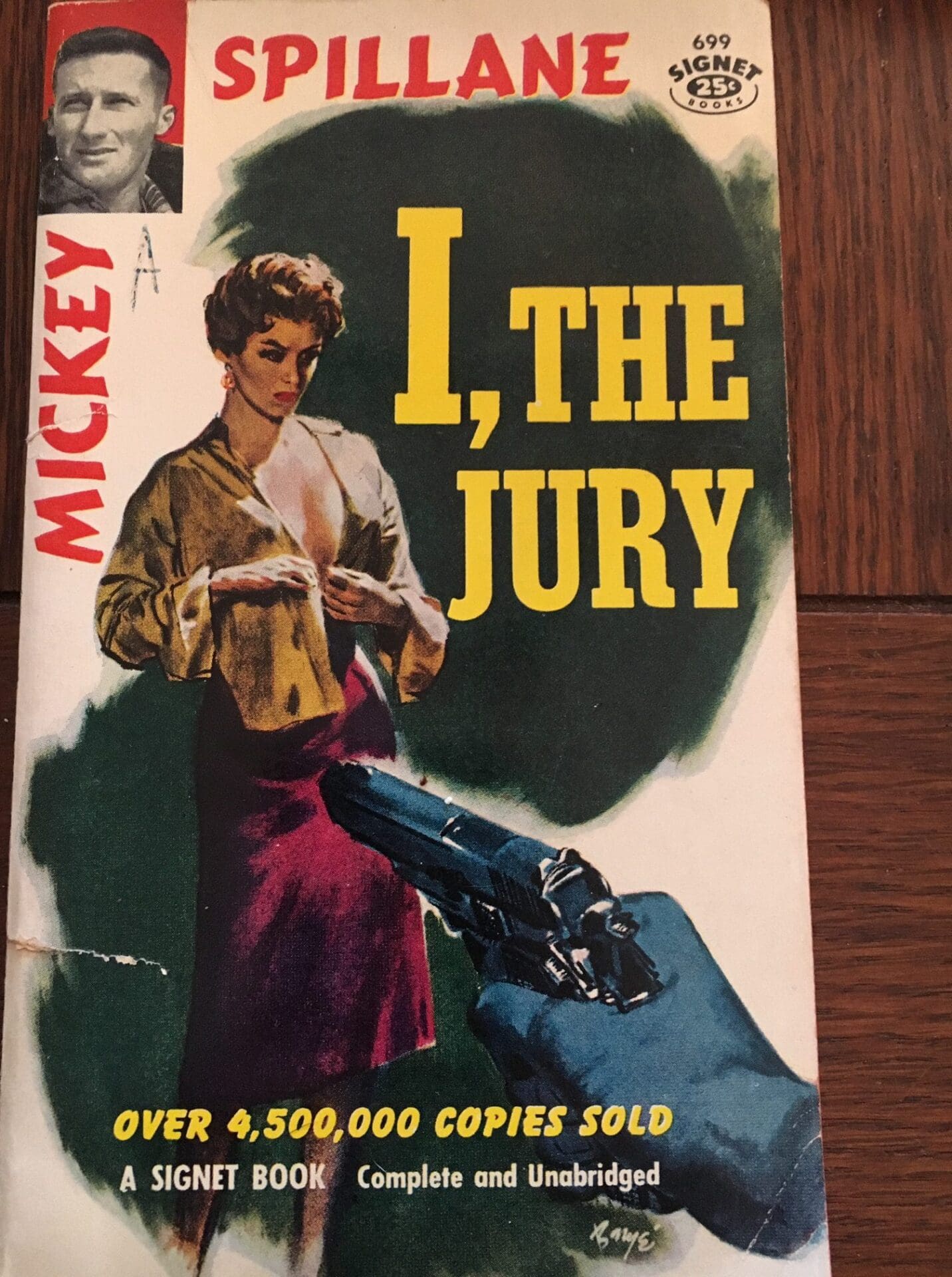
MB: How did Mickey react to be named a Grand Master by the MWA? Was he friendly and in touch with many members of the mystery community?
MAC: Mickey was thrilled by receiving the award and having his peers finally recognize him. Though he would never admit it, he was hurt by the attacks on him and his work, particularly by fellow mystery writers. This was a great turn-around for him. He did maintain friendships among mystery writers, Clive Cussler in particular. But I was the only one who went down to South Carolina and spent a lot of time with him — he craved that kind of contact, particularly after his writer pal, Dave Gerrity, passed away.
MB: You are now in the second decade of your position as literary executor of the Spillane estate. The first ten years were extremely productive… What do you see in store for the coming years?
MAC: If the centenary celebration sparks renewed interest, I have plenty of material in the unfinished/unpublished file to keep going. The tricky thing is that a lot of what’s left isn’t Hammer material, and I may have to find ways to convert those into Hammer stories, since he’s the star of the Spillane show, after all. There’s movie interest in Tiger Mann, though, and a couple of things in the files could be refashioned without much trouble into Tiger Mann yarns. There are two horror-oriented screenplays that could become novels, much as his western script about Caleb York has turned into a book series at Kensington, currently The Bloody Spur. There’s a Mike Danger novel. Plenty of material, if the interest remains there.
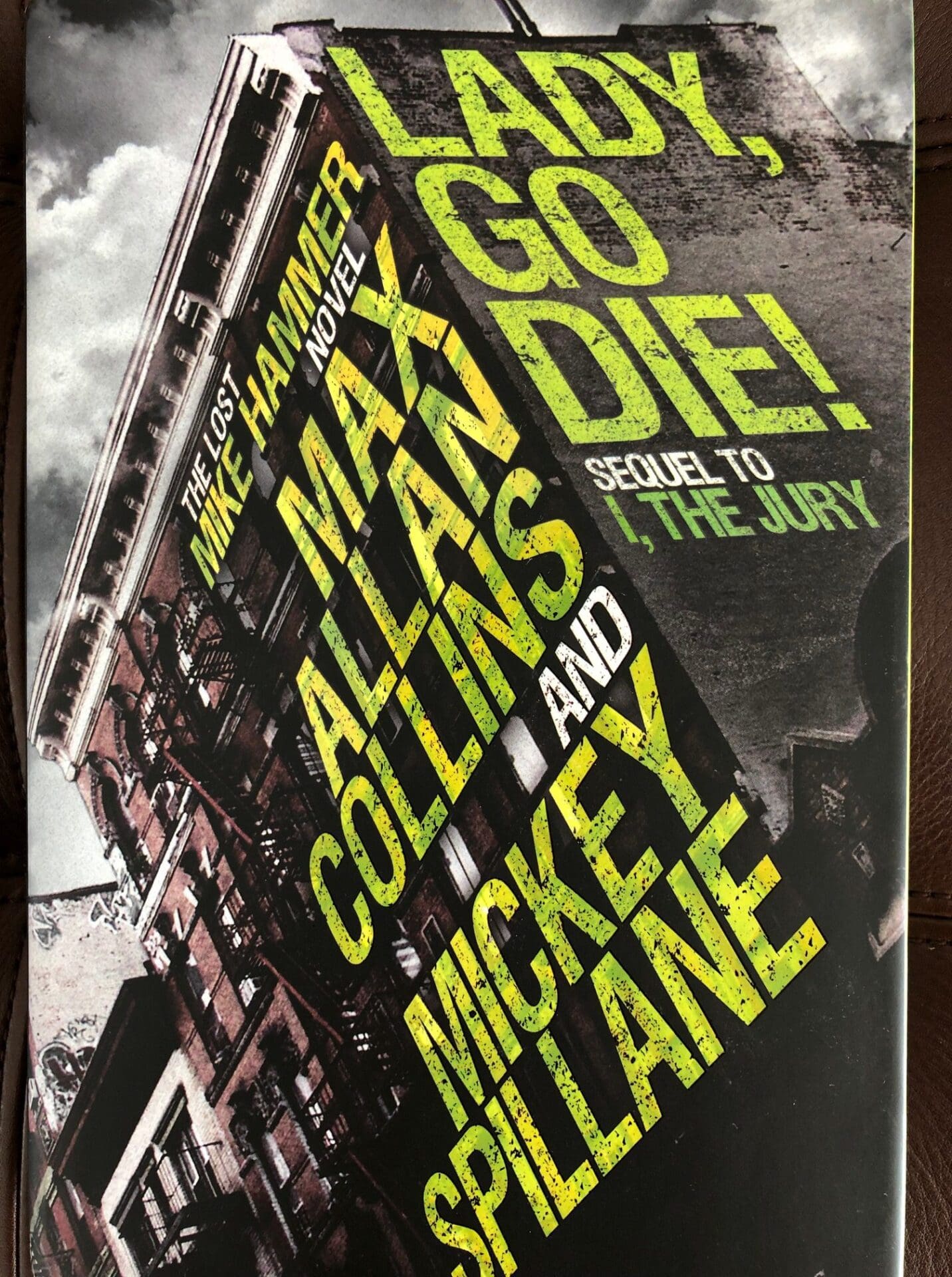
My first order of business was to get the Mike Hammer material completed — I have two more on the current contract. And of course I saved The Last Stand, his final solo novel, and Killing Town, the very first Mike Hammer book, for the centenary. I wanted something special to celebrate his life and his work, and giving readers his first Hammer and final novel seemed perfect.
